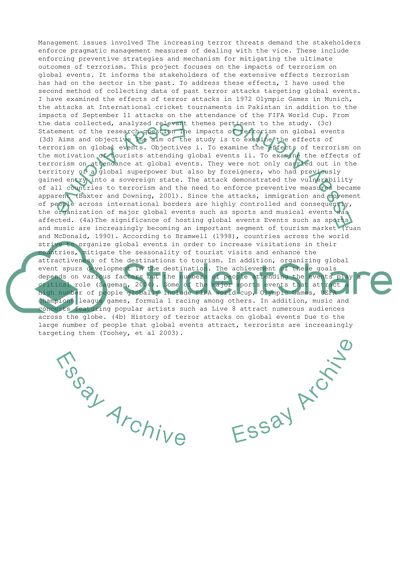Cite this document
(“Impacts of Terrorism on Global Events Literature review”, n.d.)
Impacts of Terrorism on Global Events Literature review. Retrieved from https://studentshare.org/business/1434118-compare-and-contrast-the-effect-terrorism-has-had
Impacts of Terrorism on Global Events Literature review. Retrieved from https://studentshare.org/business/1434118-compare-and-contrast-the-effect-terrorism-has-had
(Impacts of Terrorism on Global Events Literature Review)
Impacts of Terrorism on Global Events Literature Review. https://studentshare.org/business/1434118-compare-and-contrast-the-effect-terrorism-has-had.
Impacts of Terrorism on Global Events Literature Review. https://studentshare.org/business/1434118-compare-and-contrast-the-effect-terrorism-has-had.
“Impacts of Terrorism on Global Events Literature Review”, n.d. https://studentshare.org/business/1434118-compare-and-contrast-the-effect-terrorism-has-had.


